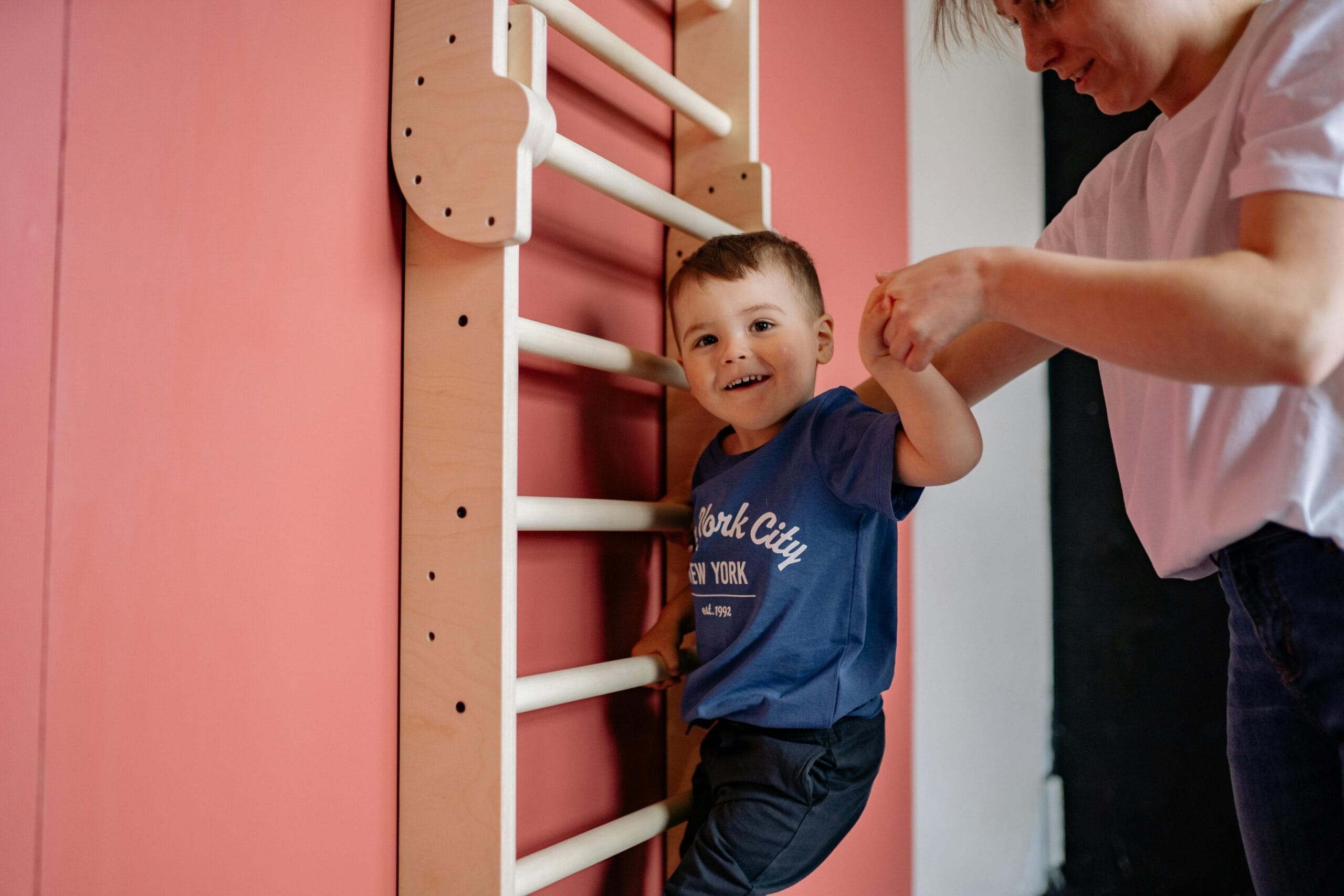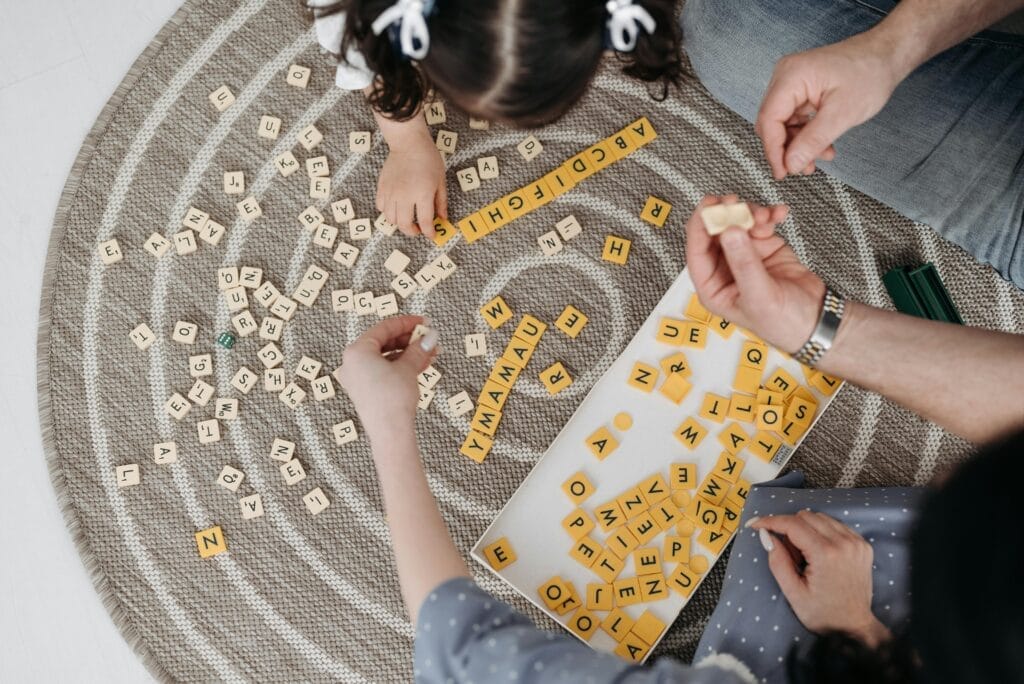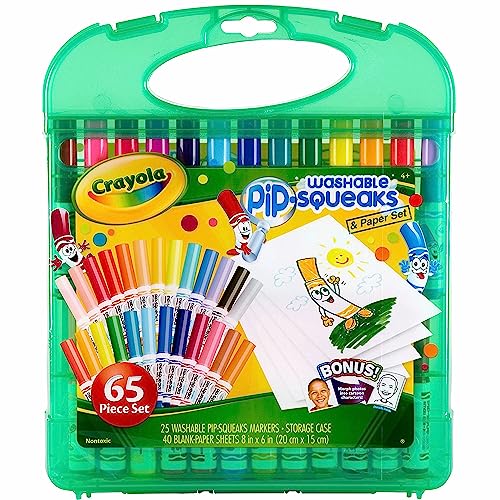Understanding Confidence: What It Means for Children
Confidence, in the context of child development, can be defined as the belief in one’s abilities, qualities, and judgments. It is a crucial element that contributes significantly to a child’s overall growth, mental well-being, and future achievements. When children possess a healthy sense of self-confidence, they are more likely to embrace challenges, explore new opportunities, and develop resilience in the face of setbacks. This self-assuredness lays the foundation for their social interactions, academic pursuits, and personal relationships.
Confidence manifests in various ways throughout childhood. Behaviorally, confident children are more likely to engage in conversations, express their thoughts, and participate in group activities. They exhibit a positive attitude towards learning and are often willing to take risks, whether it involves trying out for a team, presenting in class, or making new friends. Conversely, children who struggle with self-confidence may show reluctance to participate, display anxiety or fear in new situations, and may withdraw from peer interactions. This contrast underscores the importance of fostering a supportive environment that encourages self-belief.
Research shows significant benefits associated with confidence in children compared to their less confident peers. Studies reveal that children with strong self-confidence tend to excel academically, actively pursue leadership roles, and build healthier social relationships. These confident children also manage stress and cope with failures better, leading to improved emotional stability and resilience later in life. This makes it essential for parents and educators to prioritize confidence-building activities and implement positive parenting techniques. By encouraging self-belief and promoting self-confidence in kids, caregivers lay the groundwork for children to grow into resilient, adaptable adults equipped to handle life’s complexities with optimism and strength.
Creating a Supportive Environment for Building Confidence
To cultivate confidence in children, it is essential to establish a nurturing and supportive environment, both at home and in school. Starting at home, parents play a crucial role in laying the foundation for self-esteem through positive reinforcement. Children who receive genuine praise for their efforts, rather than solely for their achievements, tend to develop a better sense of self-worth. For instance, acknowledging a child’s hard work in a project teaches them that effort is valued, fostering a mindset that encourages them to persevere.
Open communication is another vital element. Encouraging children to share their thoughts and feelings creates a safe space for them to express themselves. This can be achieved through regular family discussions, where children share their ideas and concerns. The more comfortable they feel in voicing their opinions, the more confident they become in their capabilities. It is imperative to listen actively, ensuring they know their input is valued and respected.

Constructive feedback also plays a significant role in building confidence. Instead of focusing solely on what went wrong, parents and educators should guide children through their mistakes by discussing what can be learned from the experience. This positive approach helps instill resilience and teaches children how to approach challenges thoughtfully. Additionally, practical strategies such as celebrating small victories or setting achievable goals can lay down the steps for greater accomplishments, fostering a conducive environment for confidence-building.
Encouraging children to explore interests like sports, arts, or academics builds skills and boosts self-belief. Supporting diverse activities fosters independence, confidence, and resilience, creating a strong foundation for growth.
Encouraging Independence and Responsibility
Granting children age-appropriate independence is essential for boosting their self-esteem and overall confidence. Parents can foster a sense of ownership and self-belief in their capabilities by allowing children to take on responsibilities. Independence helps children to develop essential life skills, which are crucial for their growth and resilience. When children learn to make decisions on their own, it not only promotes their ability to solve problems but also equips them with a sense of autonomy.
One effective strategy is to assign age-appropriate tasks that gradually increase in complexity. For instance, younger children can start with simple chores, while older children can manage more significant responsibilities, such as planning a family outing. This approach instills self-discipline and teaches the importance of accountability in completing tasks. By empowering children in this manner, parents can create confidence-building activities for kids that lay the groundwork for future independence.

Furthermore, allowing children to navigate real-life experiences is instrumental in teaching them confidence and independence. It is vital to guide without overtaking the process. Parents should encourage their children to approach challenges with a mindset oriented toward problem-solving. When children encounter setbacks, such as failing to complete a task successfully, it is crucial to frame these experiences positively. Discussing the lessons learned can significantly aid in encouraging self-confidence in children.
Additionally, positive parenting techniques foster an environment where children feel safe expressing themselves and taking risks. Celebrating achievements and embracing mistakes fosters resilience, builds confidence, and helps children tackle challenges with independence and self-belief.
Role Modeling and Building Resilience in Children Through Real-Life Challenges
Instilling confidence in children begins with strong role modeling from parents and caregivers. Adults inspire confidence by modeling resilience and positivity in their actions, shaping children’s attitudes toward challenges. Research shows that children tend to emulate the confidence and composure they witness in their caregivers, especially during challenging situations. For instance, when parents calmly and positively handle a stressful scenario, children learn that obstacles can be managed without fear, fostering confidence and independence.
The impact of role modeling extends beyond specific moments; it’s about showing consistency in daily routines, decision-making processes, and social interactions. Parents modeling confidence teach children that resilience is a mindset shaping their approach to challenges and life. Openly sharing experiences with children can also deepen this learning.
Additionally, engaging children in age-appropriate, confidence-building activities reinforces these lessons. Simple problem-solving tasks, team sports, and creative arts give kids the opportunity to face adversity head-on with supportive guidance. Positive parenting techniques, recognizing effort over results foster a growth mindset, empowering kids to embrace challenges as opportunities. In doing so, parents foster a lasting self-confidence that equips their children with the complexities of adulthood.

In essence, by embodying resilience and demonstrating how to confront obstacles effectively, parents lay the groundwork for raising confident and resilient children. These lessons become fundamental in encouraging children to test their limits, face their fears, and cultivate self-belief, ultimately leading to enhanced self-esteem and overall well-being.


















